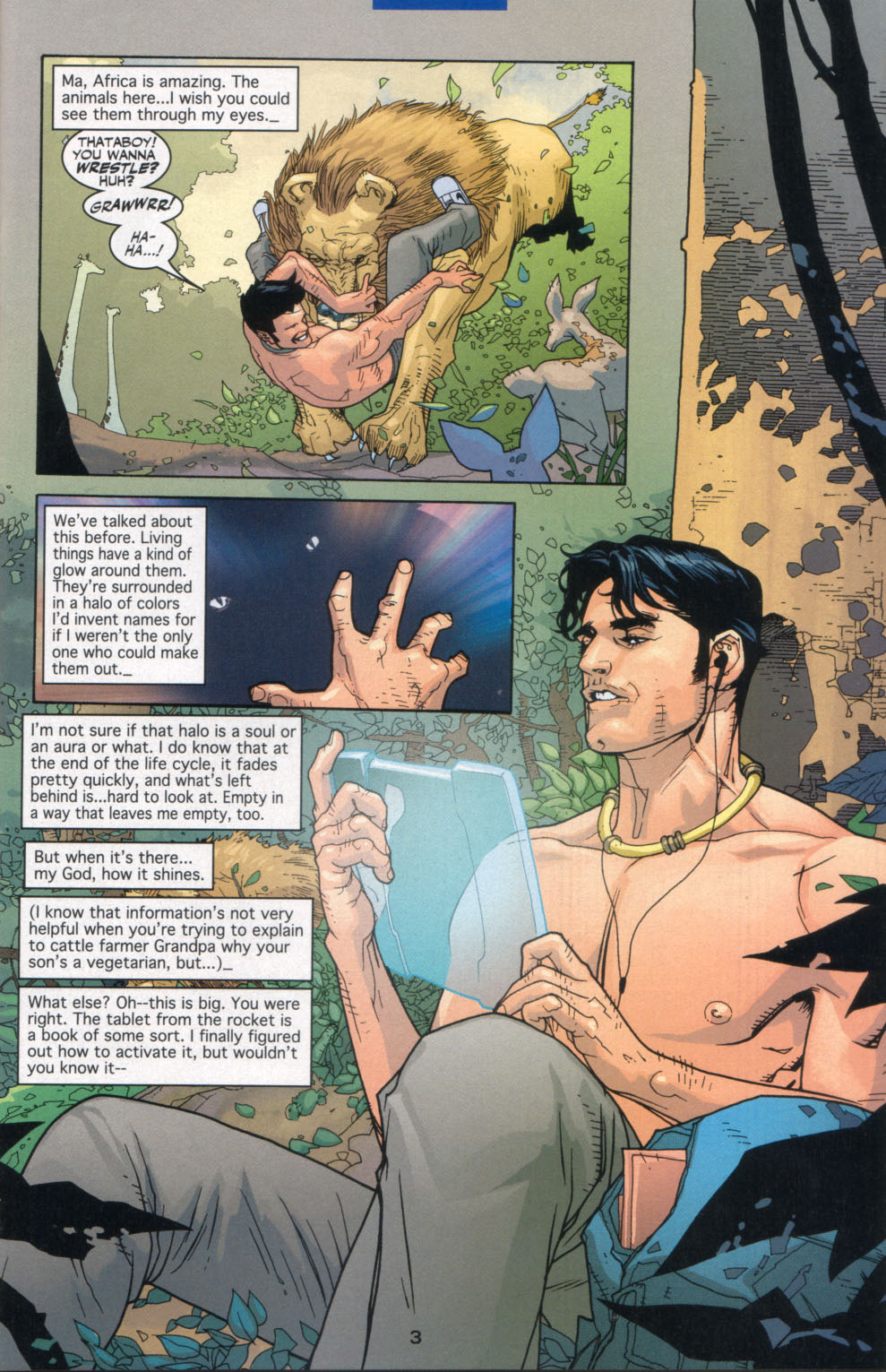I love James Bond movies. Always have. Bond's a killer. It's central to the very concept of the character -- "licensed to kill," and all that.
I get a vicarious thrill out of Bond killing the bad guys. When he deliberately drops Trevelyan to his death at the end of
GoldenEye -- "For England, James?" "No. For me" -- it's a nasty, satisfying jolt. The savage in me laughs, and fist-pumps, and applauds.
Superman appeals to my better angels. If Superman kills, it's a tragedy, a defeat. As a character, he wins by saving lives, by helping people, and when necessary, by bringing people to justice within the law, while genuinely hoping they'll turn their lives around. He'll reach out in friendship and empathy to the worst villain if they'll give him the slightest chance.
There's a lovely notion in Mark Waid's Superman origin story,
Birthright, that part of the reason Clark values life so profoundly is because he can
see it, literally see its beauty in a way humans aren't capable of, and see the emptiness its ending leaves behind:
Superman may have killed, in a few stories on a few occasions. A couple of those stories may even be good, if they grapple with the event in a meaningful way. But it's an act fundamentally opposed to who Superman is and what he represents.
Bond's a killer. Superman's a savior, a protector, and a friend.




